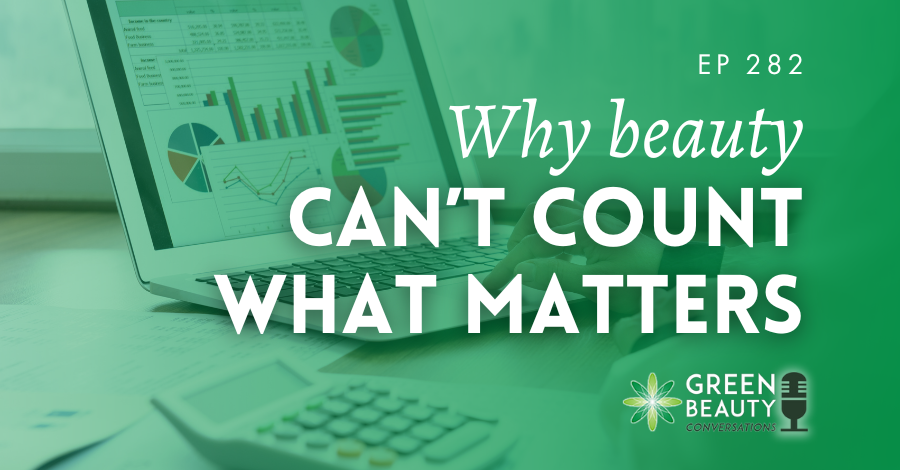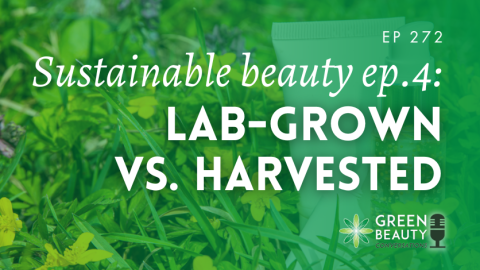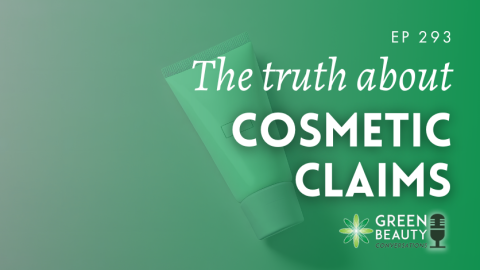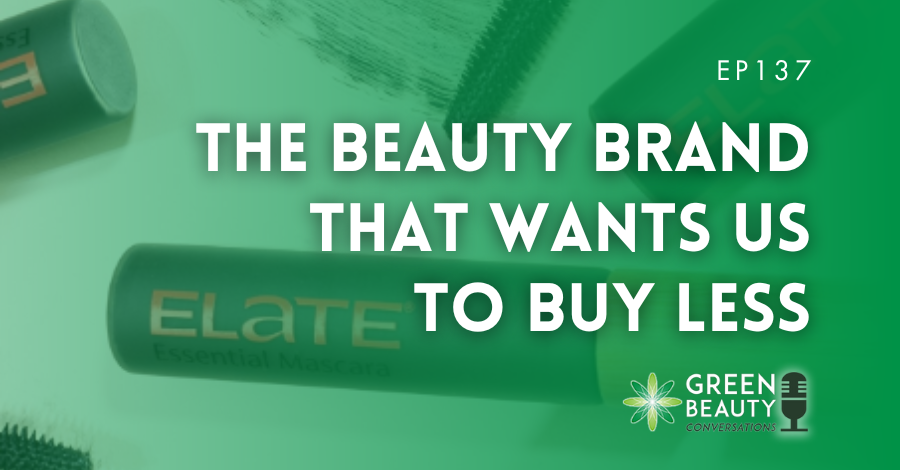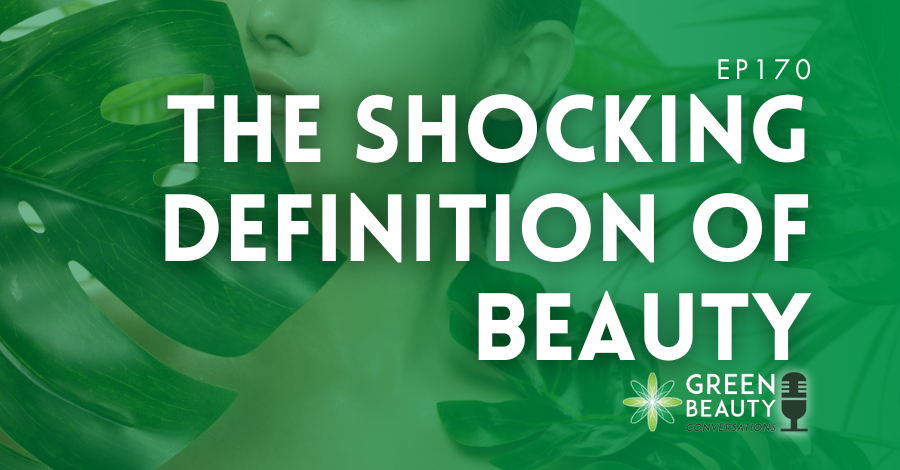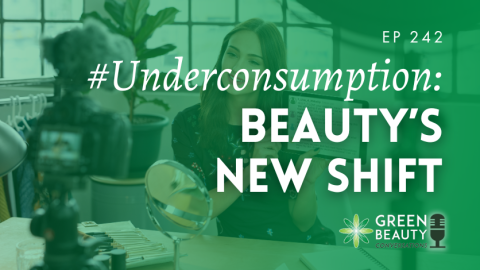Compostable caps, carbon-neutral cleansers, recyclable jars made from ocean plastic – the beauty industry is fluent in the language of sustainability.
But behind the glossy claims and Instagram-friendly campaigns, there’s a serious problem: most brands still aren’t actually measuring their environmental impact. And without hard data, all those ‘sustainable’ promises risk being little more than marketing spin.
In this week’s episode of Green Beauty Conversations, Formula Botanica CEO Lorraine Dallmeier pulls back the curtain on the beauty sector’s sustainability gap – the uncomfortable truth that without measurement, the industry can’t meaningfully improve.
Following last week’s interview with Evan Peters of FairGlow, Lorraine shares why Life Cycle Assessment (LCA) could be the missing piece, how even the biggest beauty corporations struggle to present clear data, and why the real challenge is getting the whole industry to count what matters.
If beauty wants to move from story to solution, it needs fewer slogans and more spreadsheets. In this episode, Lorraine challenges every brand, big and small, to stop hiding behind vague eco-vibes and start collecting the uncomfortable numbers that could truly drive change. Because if we can’t count, we can’t change.
“If beauty wants to matter in the long term – if it wants to be part of the solution, not just the conversation – it has to stop hiding behind narrative. It has to open up some spreadsheets and it has to count.” — Lorraine Dallmeier
Key takeaways:
- Sustainability without measurement is just marketing: Lorraine explains how beauty brands often talk about sustainability as a brand value or vibe rather than backing it up with robust data. Without measuring the environmental impact across the full product life cycle, claims remain superficial and can mislead consumers.
- Even big players struggle with transparency: Examining sustainability reports from L’Oréal, Procter & Gamble and Unilever, Lorraine shows how some publish clear, science-based targets while others present selective or confusing data. Scope 3 emissions – the largest share of a brand’s footprint – are often hidden in hard-to-find annexes instead of front-and-centre disclosures.
- Unilever sets a better example, but questions remain: Among the major corporations, Unilever’s reporting is more transparent, openly sharing absolute emissions and integrating net-zero targets into their growth strategy. However, even this approach doesn’t fully answer the fundamental question: can high-growth consumer goods companies truly reduce their overall footprint at the speed and scale required?
- Most brands aren’t counting at all: Outside the corporate giants, the majority of beauty businesses don’t know the emissions tied to their ingredients, haven’t mapped their supply chains, and don’t track packaging after sale. This means they can’t identify the biggest areas for change, yet they still market products as sustainable.
- The industry needs fewer slogans and more spreadsheets: Lorraine’s call to action is clear: sustainability should be treated as a data problem. Brands must embrace life cycle assessment tools, publish clear metrics, and face uncomfortable truths in order to make genuine progress.
Thank you for joining us for this episode of the Formula Botanica Green Beauty Conversations podcast. If you enjoyed listening, please share, subscribe and review this episode on Apple Podcasts, Spotify or Youtube so that more people can enjoy the show. Don’t forget to follow and connect with us on Facebook and Instagram.
FREE TRAINING
Learn how to become an
Organic Skincare Formulator
FREE TRAINING
How to become an
Organic Skincare Entrepreneur
FREE TRAINING
How to become an
Organic Skincare Entrepreneur
Leave us a comment
Lorraine Dallmeier is a Biologist, Chartered Environmentalist and the CEO of Formula Botanica, the award-winning online organic cosmetic science school. Read more about Lorraine and the Formula Botanica Team.

